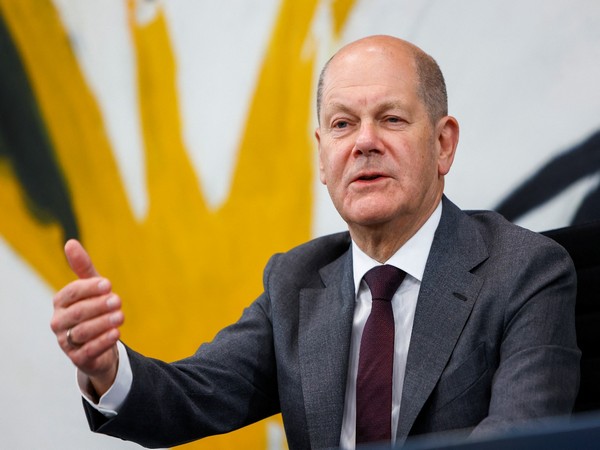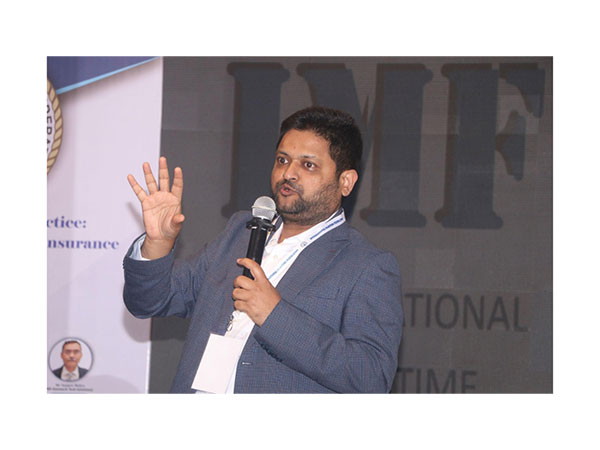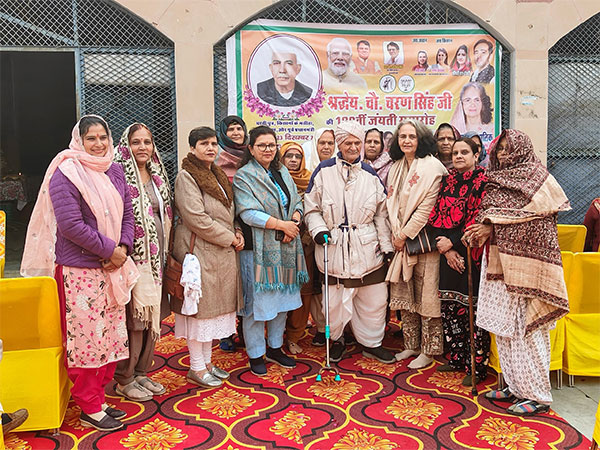
Scholz resists growing pressure for election after coalition split
Nov 08, 2024
Berlin [Germany], November 8: German Chancellor Olaf Scholz continued to resist calls on Thursday for an immediate vote of confidence in his now minority government and snap elections as soon as January after the collapse of his centre-left coalition.
Scholz insisted on a January 15 date for the vote of confidence in the lower house of parliament, or Bundestag, which he is almost certain to lose, triggering early elections, which Scholz has suggested would be held in March 2025.
The conservative politician hoping to replace Scholz as chancellor, Friedrich Merz, and his CDU/CSU bloc in the Bundestag demanded that the chancellor allow the vote of confidence immediately, or at the latest at the beginning of next week. Merz has said a snap poll could take place as soon as January.
Merz met Scholz briefly on Thursday afternoon to push for this, but he left the meeting at the Chancellery in Berlin empty-handed. He met German President Frank-Walter Steinmeier later on Thursday afternoon in private talks that were likely to focus on the same issue.
The co-leader of the opposition far-right Alternative for Germany (AfD) party Alice Weidel said after a special meeting of the AfD parliamentary group in Berlin that Scholz had long lost the trust of the public.
"He must clear the way for new elections, for the vote of confidence immediately," she emphasized, demanding that the vote must be held as early as next week. The leader of the Free Deomcrats (FDP), Christian Lindner, whose sacking as finance minister by Scholz precipitated the current political crisis also called for an immediate vote of confidence.
"Our country needs a government that doesn't just hold office but can act. The right thing for our country would be an immediate vote of confidence and new elections. No one should be afraid of voters in a democracy," the outgoing finance minister said on Thursday at the party headquarters in Berlin.
The centre-left coalition of his free-market liberal party with Scholz's centre-left Social Democrats (SPD) and the Greens broke apart Wednesday evening.
After Scholz dismissed Lindner, his FDP party colleagues justice minister Marco Buschmann and education minister Bettina Stark-Watzinger also submitted their resignations. President Steinmeier formally dismissed all three of them on Thursday afternoon.
In contrast, Transport Minister Volker Wissing said he has left the FDP and aims to remain in office until elections are held. He was later handed Buschmann's portfolio in addition to transport.
Agriculture Minister Cem Özdemir of the Greens was given the added responsibility for the Education Ministry to plug the gap left by Stark-Watzinger.
On Thursday morning, Scholz named Jorg Kukies, his former economic adviser, to succeed Lindner as fiannce minister. Steinmeier later gave him his certificate of appointment.
The president called on all political leaders to exercise reason. "Now is not the time for tactics and skirmishes," Steinmeier said with regard to the election outcome in the United States. "It is a time for reason and responsibility. I expect all those responsible to live up to the magnitude of the challenges." Steinmeier emphasized that German democracy is strong.
"The end of a coalition is not the end of the world. It is a political crisis that we need to overcome and will overcome." He stated that the Basic Law, as the German constitution is known, provides clear guidelines for the procedures ahead.
As president, he will have to decide on the dissolution of the lower house of parliament, or Bundestag, Steinmeier said.
German Interior Minister Nancy Faeser said on Thursday that the public need not worry about security and stability following the end of the centre-left coalition.
Source: Qatar Tribune









